The ongoing rise of radical Islamism in the twenty-first century is a difficult and dire problem, for which cultural evolution is really the only viable permanent solution. But to overcome this growing threat to world peace and security, not only will Muslims themselves need to evolve, the developed world as a whole will need to grow and mature into a more moral form of civilization.
Recognizing how the challenges of militant Islamism can serve as a powerful stimulus for the further evolution of all the forms of culture that are contributing to the problem—pre-modernity, modernity, and postmodernity—is the focus of this paper by ICE President Steve McIntosh.
Building on the work of moderate Muslim intellectuals, McIntosh argues that the Islamic cultural reform needed to overcome radical Islamism depends on the underlying reform of the religion of Islam itself.
Yet in order to persuade moderate Muslims to reform their religion, the necessary vision of a reformed Islam must retain the deeply spiritual convictions upon which Islam is founded.
Muslims are arguably the most religiously devout people in the world. And their stalwart faith prevents them from settling for a secular, watered-down version of Islam as the future course of their religion’s development. In order for a reformed version of Islam to be sufficiently attractive to Muslims so as to persuade them to transfer their loyalties to a more modernist-friendly form of their faith, a post-secular cultural perspective will be necessary. In response to this challenge, the evolutionary worldview advocated by ICE can provide just the kind of post-secular understanding of the evolution of human faith that is needed to foster the reform of this venerable religion.
Below is a 35 minute audio interview on the paper. Please leave comments at the bottom of this page.

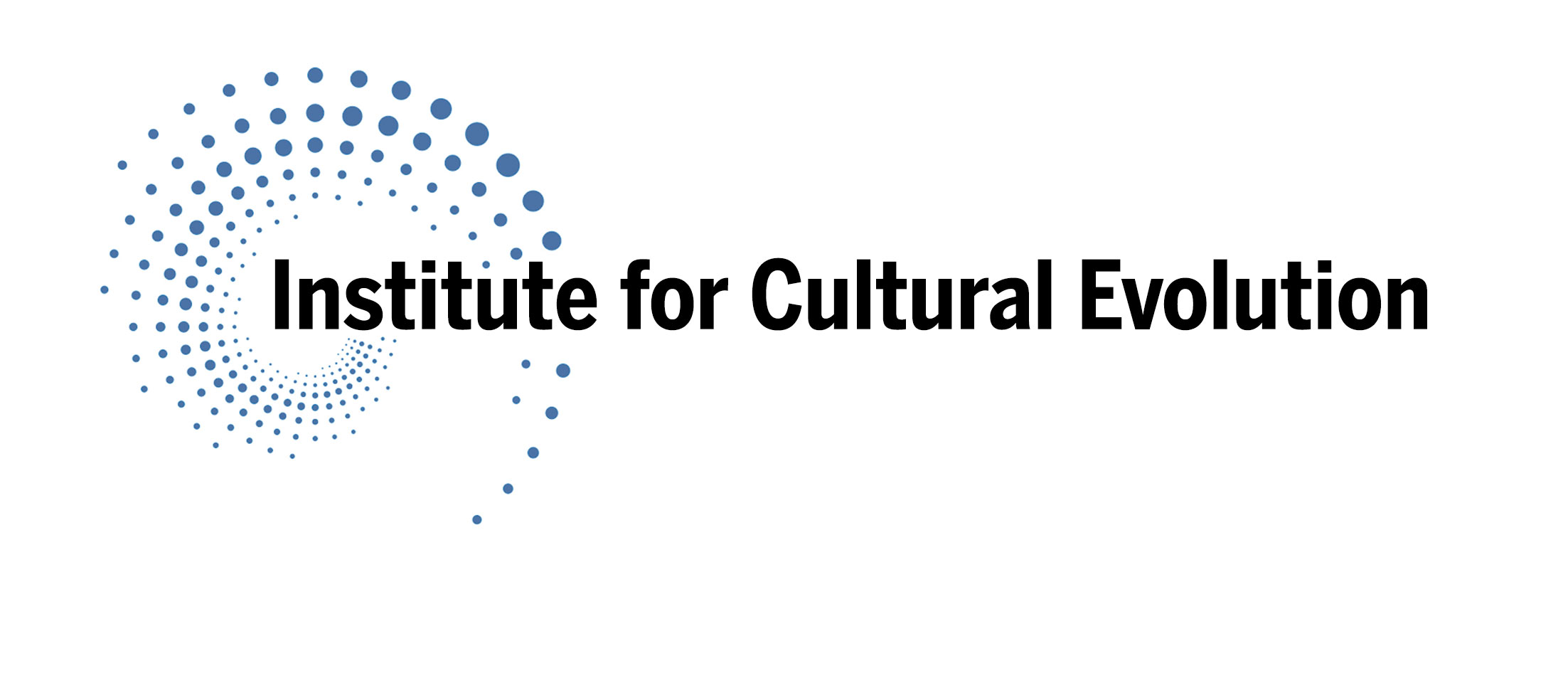
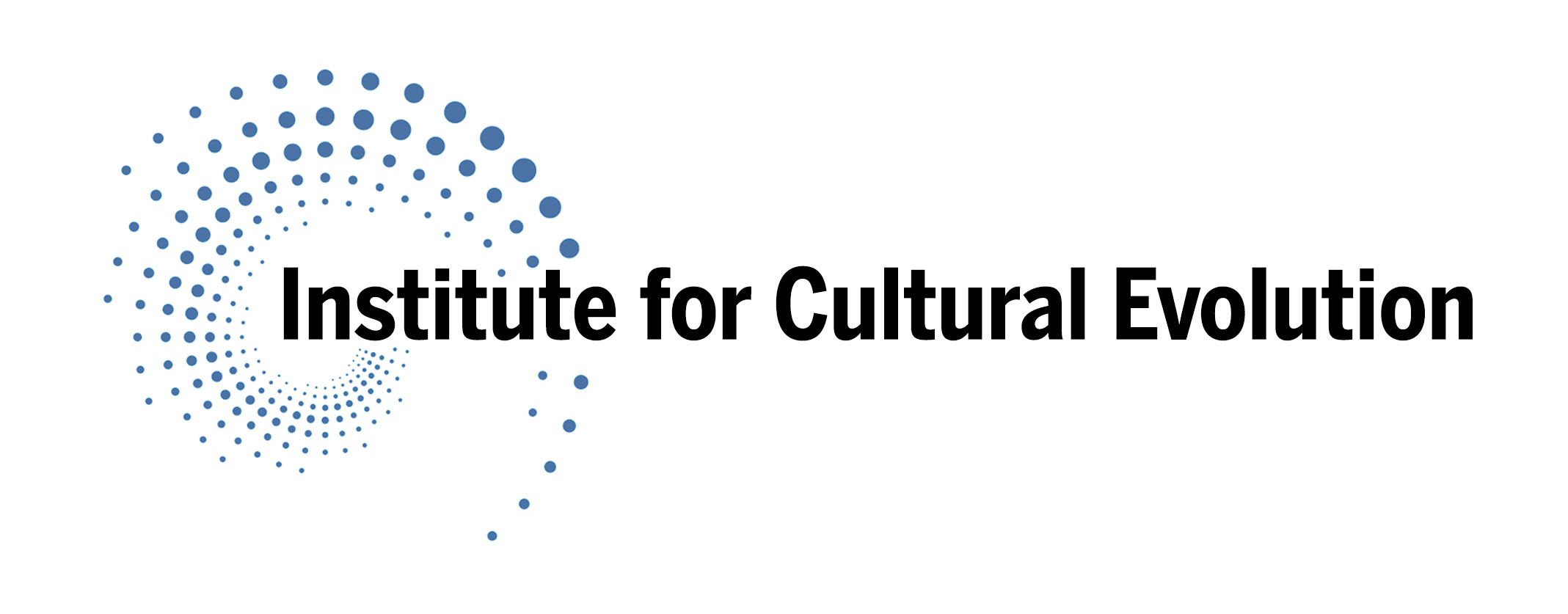
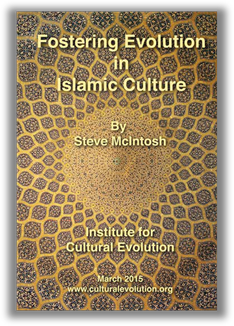
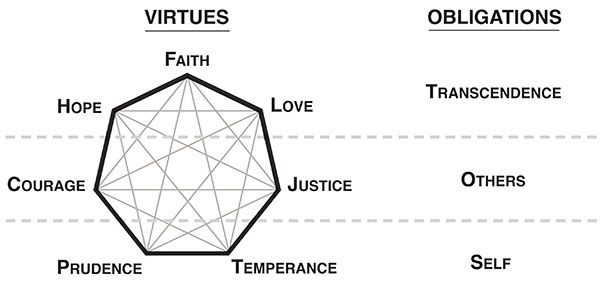
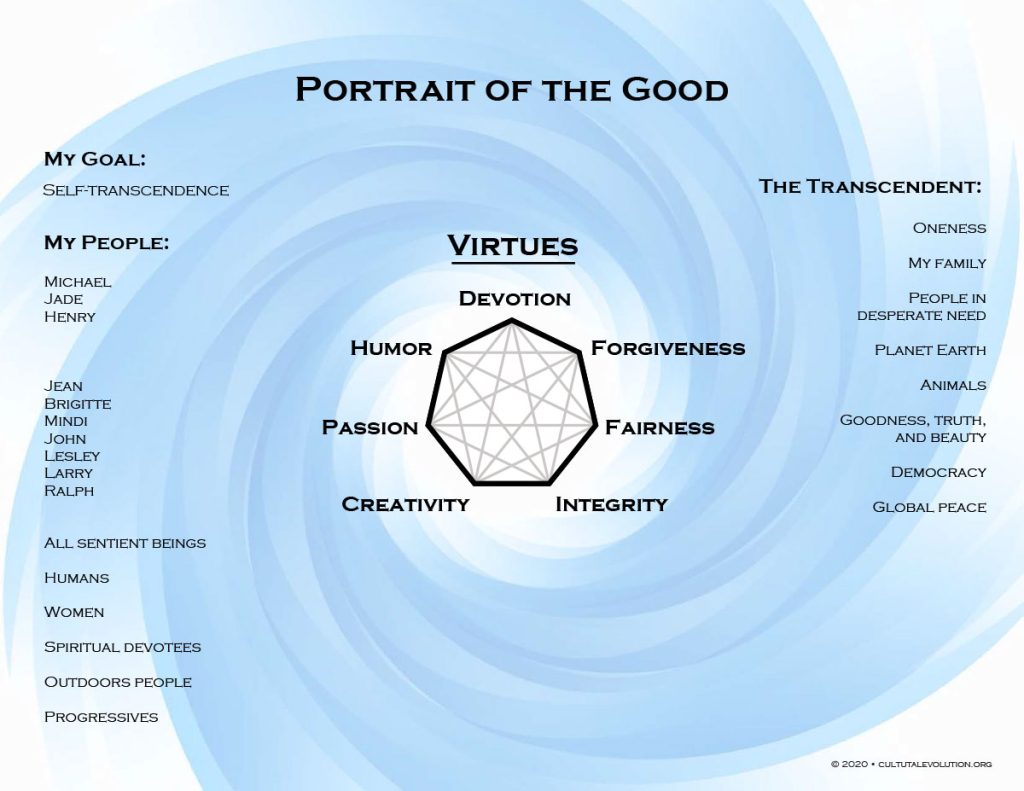
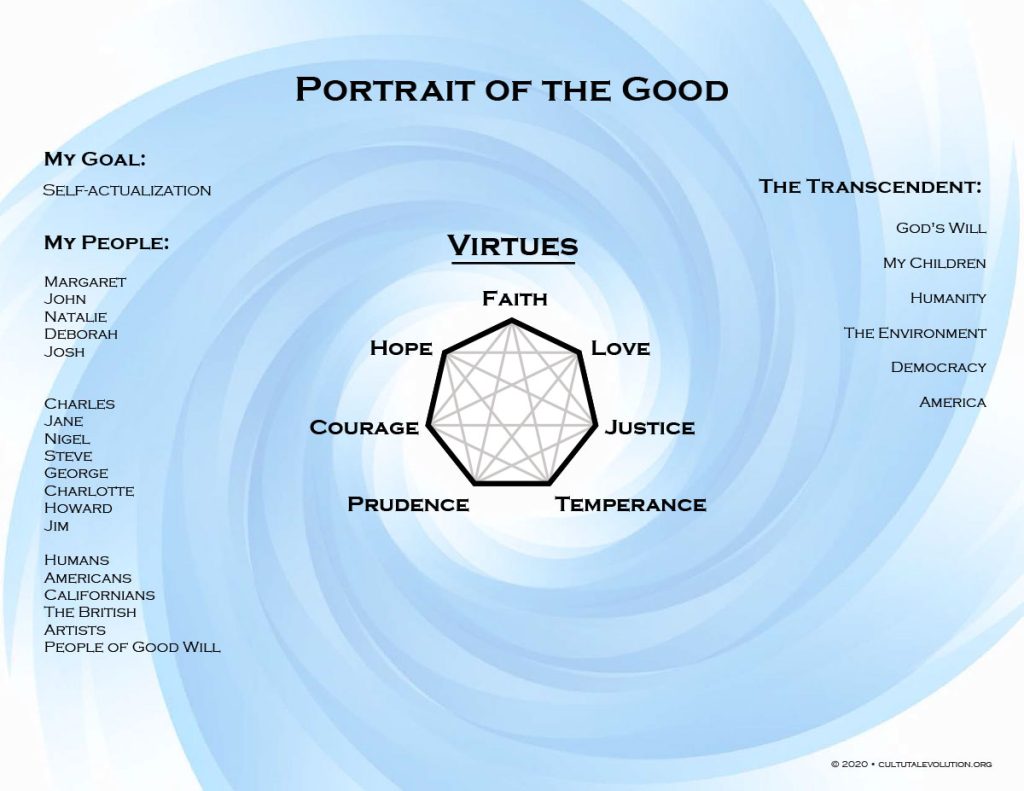
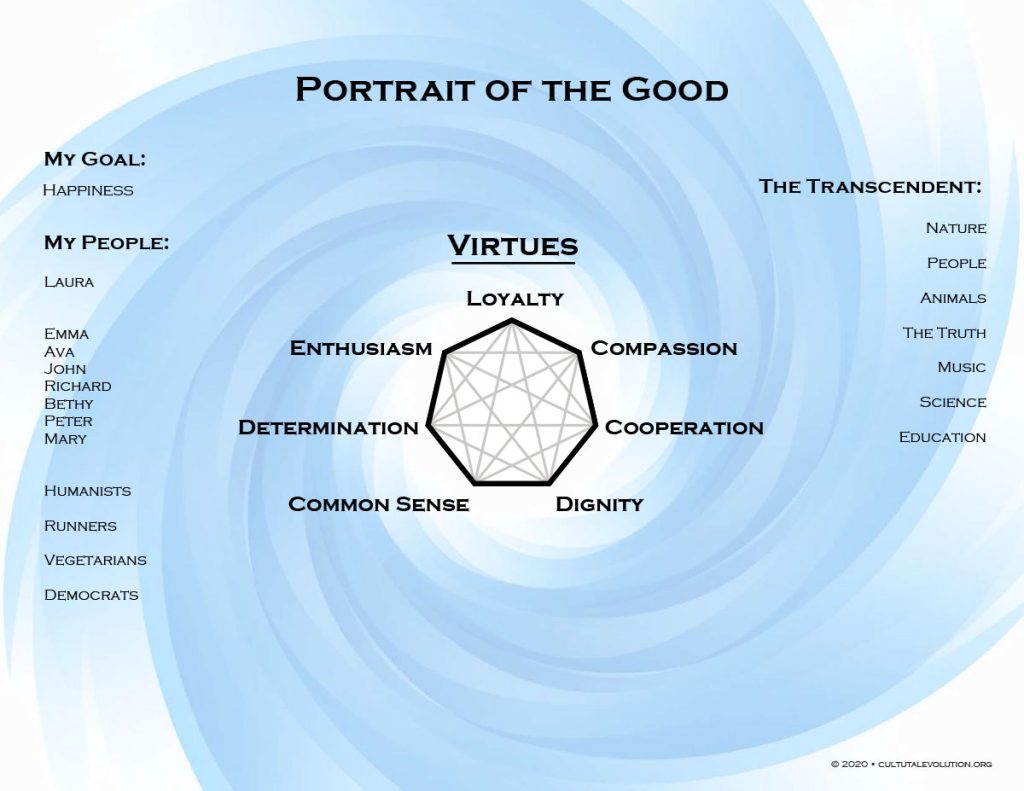
Steve,
I appreciate the depth and breadth of your looking in your white paper and the possibilities it opens for a wider embrace – by all of us – of Islam as a ‘necessary line of spiritual development within human evolution’.
I wanted to introduce you to a relatively recent and beautiful transmission in the mystical tradition of Islam. You referenced the 99 names as you have seen them in wikipedia. Physicians of the Heart: A Sufi View of the Ninety-Nine Names of Allah is the collaboration over 10 years among 4 sufi teachers – Wali Ali Meyer, Bilal Hyde, Faisal Muqaddam and Shabda Kahn. The book treats the 99 names as vehicles – divine medicines – of both spiritual opening and psychological healing. Each of the names in my experience evoke their own unique and subtle somatic and energetic imprint. The effect of the practice is quite similar to what I am now experiencing in the teachings and practices of Thomas Hubl.
I can’t possibility fit this into the theoretical framework you are offering, but it is definitely an example of how mystical Islam continues to further an evolutionary spirituality.
Blessings on your endeavors,
Julia
Steve,
Great topic for discussion. I recently wrote a book on a related topic; Islam and our current financial system. One of the myths I would like to dispel is that Islam and modernism do not go together when in fact Islam support modernism. The title of my book is Islamic Finance and the New Financial System. In it I discuss how Islamic finance principles offer solutions to our current financial system, which is plagued by financial crises and income inequality.
I hope that you find this topic interesting as well and maybe we can have a discussion on it.